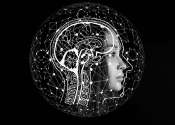How AI alters middle managers' work
The introduction of artificial intelligence is a significant part of the digital transformation bringing challenges and changes to the job descriptions among management. A study conducted at the University of Eastern Finland ...









